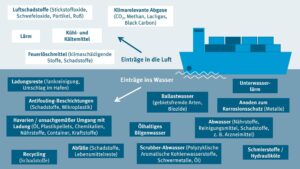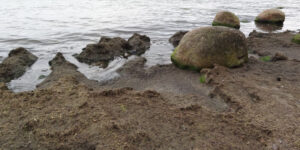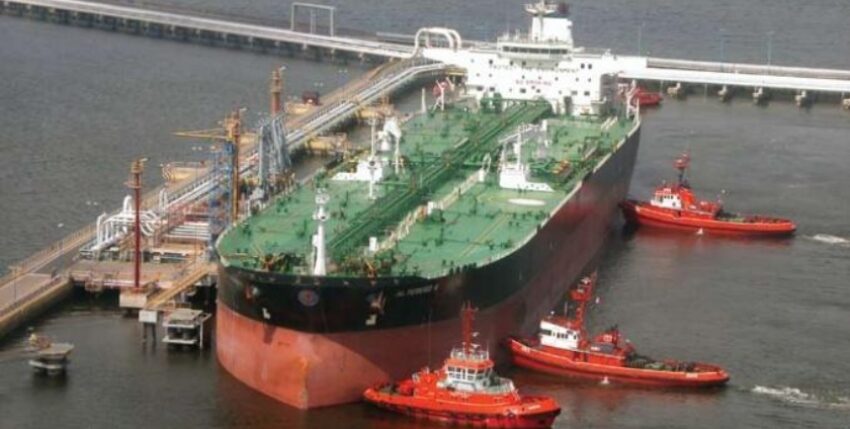On 1 July 2025, a further ban on the discharge of ship sewage into Finnish territorial waters in the Baltic Sea came into force.
This makes Finland the first country in the world to introduce a law, which was passed by the Finnish parliament in December 2024, that generally prohibits cargo ships from discharging wastewater.
The ban will be implemented gradually for ships with a gross tonnage of more than 400 or smaller ships with more than 15 people. It will initially affect the discharge of waste water from scrubbers, i.e. open exhaust gas cleaning systems that are predominantly used in shipping and have been criticised for some time.

In the next step, the discharge of wastewater from closed waste gas purification plants will also be prohibited from 1 January 2029 and even the discharge of grey water from 1 January 2030.
In order to be able to check compliance with the regulations, the closing of the outboard valves before entering Finnish waters must be documented in the ship's logbook. In addition, all grey water discharges in port must be logged.
Finland's measure is the most comprehensive approach to date and neighbouring countries are also following suit. Sweden introduced a similar ban on the discharge of wastewater from exhaust gas purification plants on 1 July 2025, and Denmark is also planning similar measures.
Due to its water depth, low water exchange and closed location, the Baltic Sea is particularly susceptible to pollution. A recent study by the Baltic Sea Action Group (BSAG) states that the discharge of ship sewage places a considerable burden on this sensitive ecosystem. The valuable and sensitive ecosystems in our shallow coastal waters will benefit from the change in the law, according to BSAG's Strategy Director, who campaigned for the legislation. This is because wastewater treated by scrubbers also contains nutrients such as nitrogen and phosphorus, which contribute to the eutrophication of the Baltic Sea. This over-fertilisation leads to excessive algae growth and a deterioration in water quality.

BSAG is committed to extending these protective measures to the entire Baltic Sea region through international cooperation with organisations such as HELCOM (Helsinki Commission), the IMO and the European Union, and to incorporating them into the development of international MARPOL regulations.
It is therefore time for Germany to turn declarations of intent, such as the "Natural Climate Protection Action Programme" (cabinet resolution 2023), into active government action and implement them swiftly.
kdk, gCaptain







